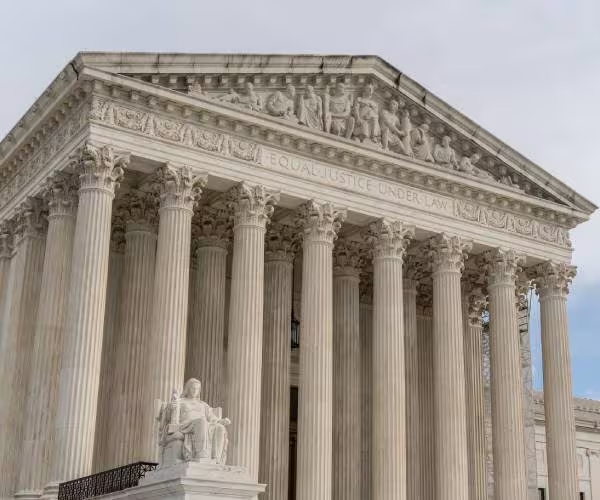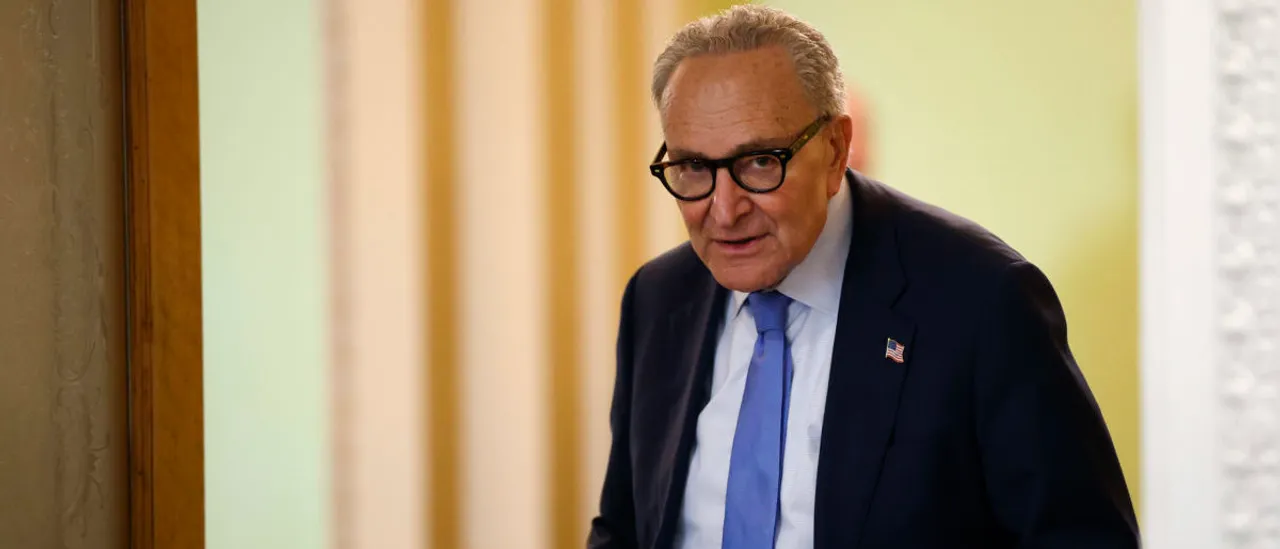In a bold move, the Trump administration has asked the Supreme Court to approve the deployment of National Guard troops in the Chicago area, a decision that intensifies the ongoing conflict between President Donald Trump and Democrat governors over the use of the military on U.S. soil. The request comes after a federal judge temporarily blocked the deployment of Guard members from Illinois and Texas to assist with immigration enforcement, citing insufficient evidence of a "danger of rebellion" in Illinois.
Trump’s Solicitor General, D. John Sauer, wasted no time in urging the Supreme Court to intervene, arguing that the judge's order undermines the President’s authority and poses unnecessary risks to federal personnel and property. The conservative-dominated Supreme Court has previously ruled in Trump’s favor on several high-profile cases, including policies related to immigration and military service. Trump’s appeal reflects his ongoing battle with the judiciary over his executive powers, especially concerning military deployment within the U.S.
The timing of this appeal is noteworthy, as protests have been escalating. Just this week, 11 protesters were arrested outside a U.S. Customs and Immigration Enforcement (ICE) facility in Broadview, a suburb of Chicago. This facility has become a flashpoint for tensions between law enforcement and demonstrators, with previous protests involving the use of tear gas and chemical agents by federal agents. The growing unrest in areas like Broadview only underscores the Trump administration’s focus on immigration enforcement and anti-crime initiatives.
The National Guard deployment also faces opposition in other states. A federal judge in Oregon has temporarily blocked Guard members there, while in Tennessee, Democrat elected officials are suing to stop the Guard deployment in Memphis. They argue that Governor Bill Lee, with Trump’s backing, violated the state constitution by calling up the Guard without approval from the state legislature. Critics have warned that such actions set a concerning precedent for military intrusion into local communities.
However, Governor Lee defends the deployment, arguing that the Guard is helping to curb violent crime in Memphis, which has been plagued by high rates of assaults, carjackings, and homicides. Since arriving in October, the National Guard has been patrolling downtown Memphis, with Lee asserting that their presence is crucial in maintaining order and removing criminal elements from the city. While the Guard has no arrest power, their mere presence has drawn mixed reactions, with some lauding the support in the fight against crime, while others decry the militarization of local law enforcement.
In California, a judge ruled the deployment of National Guard troops in the Los Angeles area illegal, though the troops were allowed to remain for the time being. The issue of National Guard deployments continues to stir controversy across the country, with courts and local governments weighing in on the legality and necessity of such actions.
As the legal battles unfold, President Trump’s request to the Supreme Court will likely serve as another flashpoint in the broader debate over the role of the military in domestic issues, particularly immigration enforcement and crime control. With the nation divided on these matters, the outcome of this case could have lasting implications for future presidential powers and military involvement within the United States.


